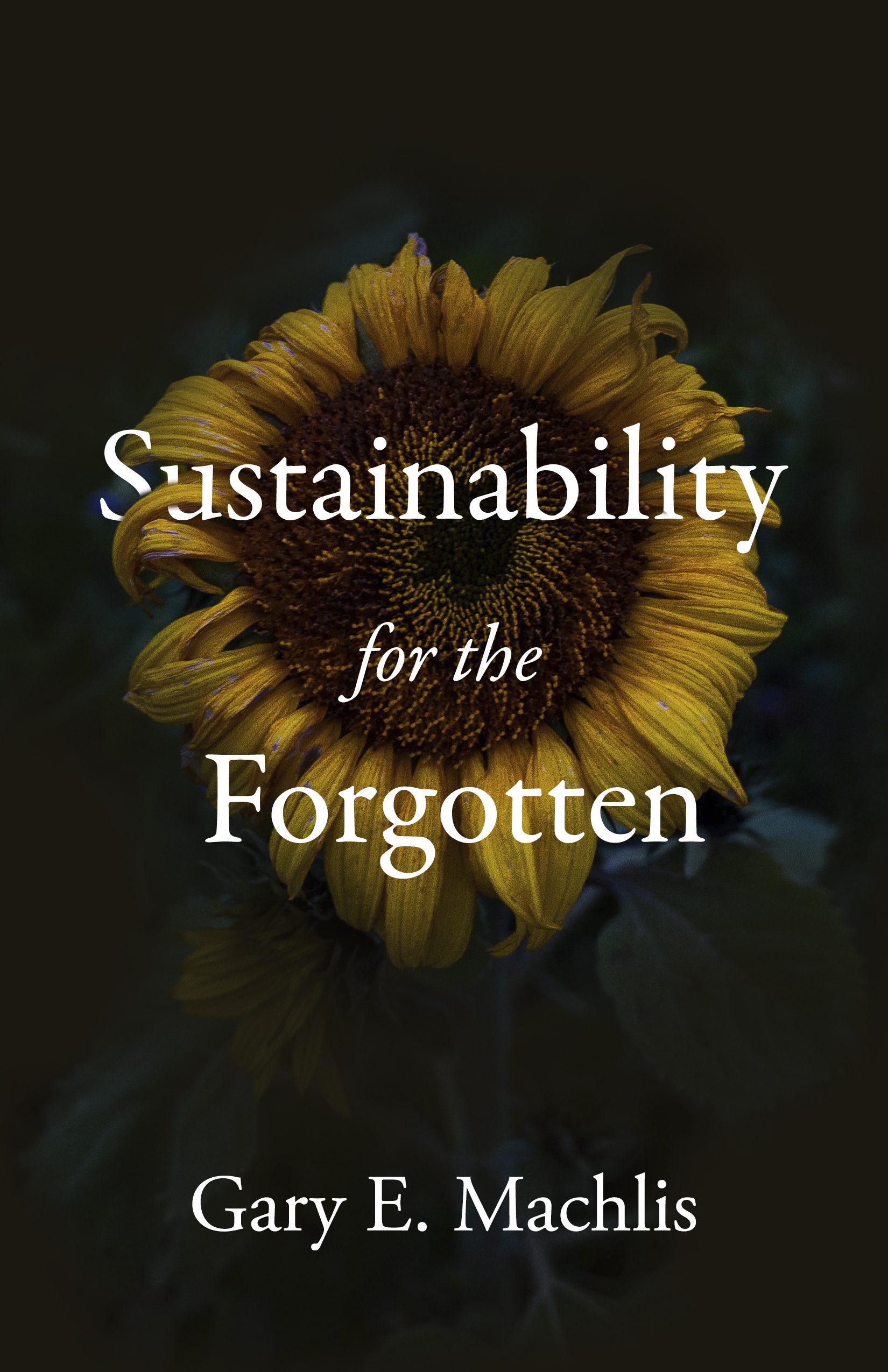‘Sustainability for the Forgotten’ set for release on Earth Day
Clemson, S.C. — He spent days in the opulence of the Vatican Archives and wrote portions of his latest book in Nicaragua and Puerto Rico, but Gary Machlis can pinpoint the moment when the inspiration for his latest book struck.
Headed home from transcontinental work travel, Machlis stopped in a used bookstore in a small town and his gaze fell on a tattered paperback with an interesting cover, an intriguing title and a price tag of less than 2 U.S. dollars.
“I tossed it in my backpack and, later that morning, boarded the plane. The book was titled ‘Freedom to Starve,’ and it was written in the late 1960s by a young French priest about his experiences working in the most impoverished part of northeast Brazil,” Machlis says. “The book hit me like a lightning bolt. He asked us all to consider and care for those most invisible and vulnerable.”
Machlis finished the book on his flight, and by the time he landed, the Clemson University professor of environmental sustainability had decided to switch his research focus and begin writing “Sustainability for the Forgotten.”

Being released on Earth Day by the University of Utah Press, the book delves into topics ranging from improving public policy to reforming sustainability education and empowering local communities to preparing for natural disasters in ways that protect those most vulnerable.
“Whether we live in a small and struggling rural town, a private gated community, a dense urban neighborhood or elsewhere, there are forgotten persons all around us,” Machlis said. “The homeless are sometimes invisible; the desolate family torn by trauma, they are with us. Forgotten means they do not have a political or economic voice in their own affairs and futures. And no community can be truly sustainable without caring for the forgotten amongst it.”
Machlis, who has a joint appointment in the departments of Forestry and Environmental Conservation (FEC) and Parks, Recreation and Tourism Management (PRTM) at Clemson, is an elected Fellow of the American Association for the Advancement of Science, and was appointed to the National Academies of Sciences, Engineering, and Medicine’s Board on Environmental Change and Society in 2023.
In his new book, Machlis issues a bold challenge to those in the sustainability movement to pursue “a just and necessary path” — a call to action to “see, judge and act” towards those forgotten.
“I hope that a key take-away from the book is that repairing sustainability to consider the forgotten is not someone else’s problem or condition, but is for all of us to see, judge and act. The forgotten are here in South Carolina, and in Pickens County, just as they are in South America or Europe or elsewhere,” he said.
Acclaimed author and New York University professor Jess Row called it “a valuable, crucial book” that he read with a “sense of awe.”
“Gary Machlis has unearthed an interwoven history of environmental sustainability and anti-poverty activism that few Americans know anything about. He helps clarify the point that a movement for sustainability has to be driven by the needs of those with the least resources, not the most,” Row said.
Professor Robert Chambers of the Institute of Development Studies at the University of Sussex, and a global leader in rural development, also lauded the book’s message.
“Machlis has powerfully focused on the marginalized, the unnoticed, the invisible,” he said. ‘Sustainability for the Forgotten’ stands as a major achievement.”
After receiving his bachelor’s and master’s degrees from the University of Washington, Machlis earned his Ph.D. in human ecology from Yale University. Before joining the faculty at Clemson, he served as Science Advisor to the Director of the U.S. National Park Service during both terms of the Obama administration. At Clemson, he teaches courses in social ecology, scientific integrity and the politics of science.
Clemson University Provost Bob Jones, a two-time graduate of Clemson’s Department of FEC himself, said Machlis’ book offered straightforward sustainability solutions for a hopeful future for those concerned with conservation.
Dr. Machlis’ book is both well-researched and written with the passion that we at Clemson have come to expect from him.
BOB JONES, CLEMSON UNIVERSITY PROVOST
“It offers a plain-language, yet poetic, approach to sustainability, with practical suggestions for how the concept, and the practices associated with it, might be refined and improved,” Jones said.
Machlis is also the author of several previous books, including “American Covenant: National Parks and Our Nation’s Future” “The Future of Conservation in America,” and “The Structure & Dynamics of Human Ecosystems.” More information on Machlis and his publications is available at his author’s website.







